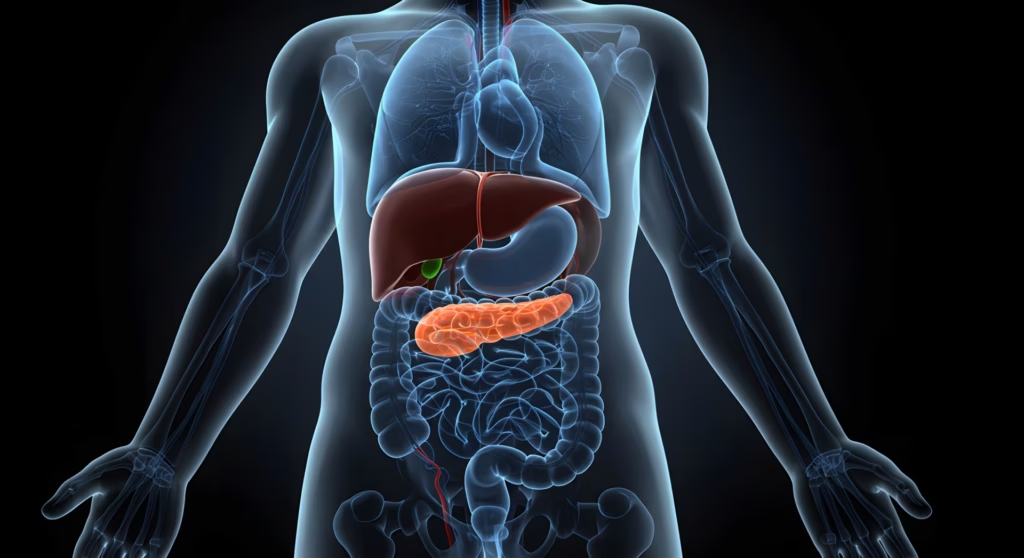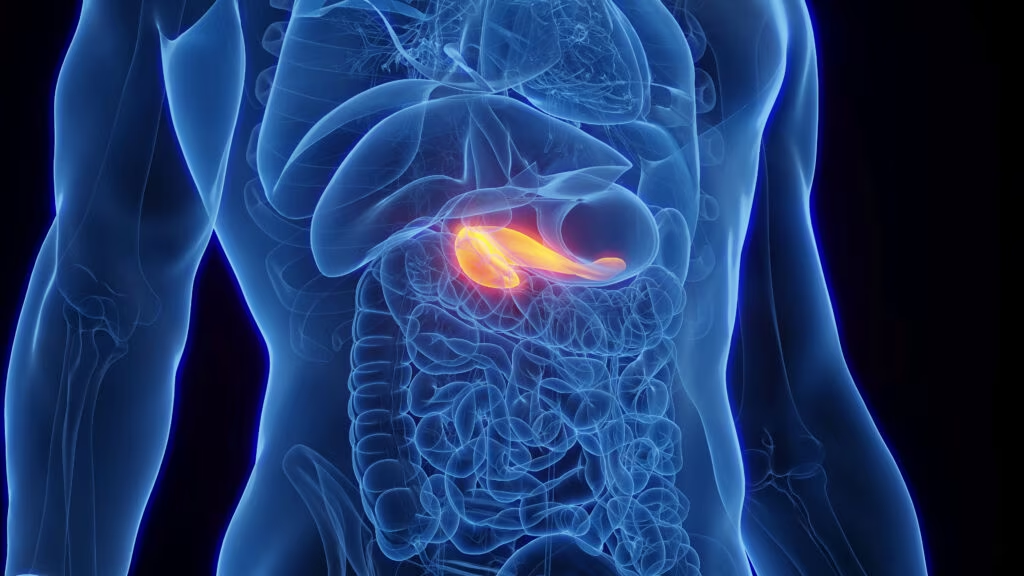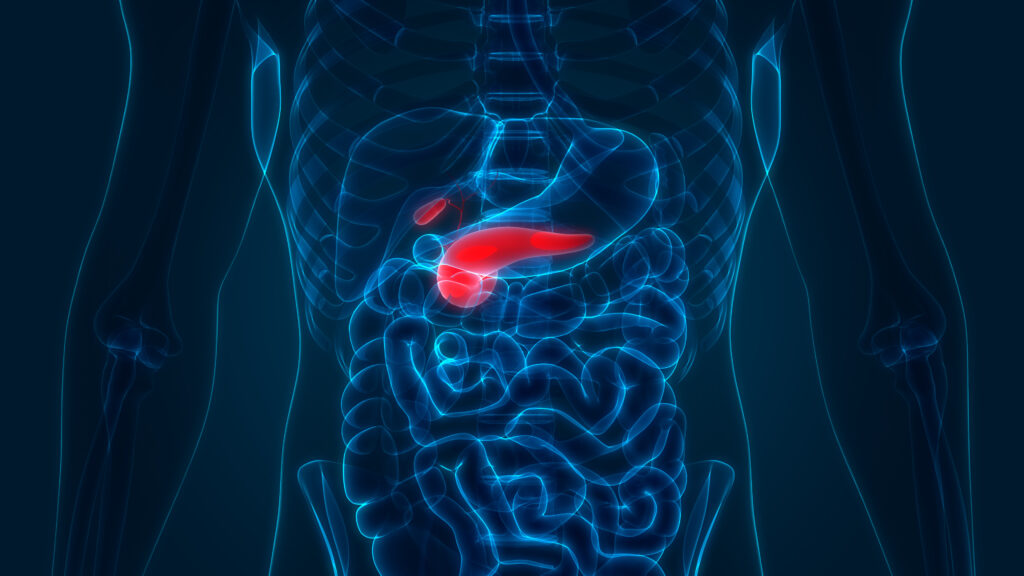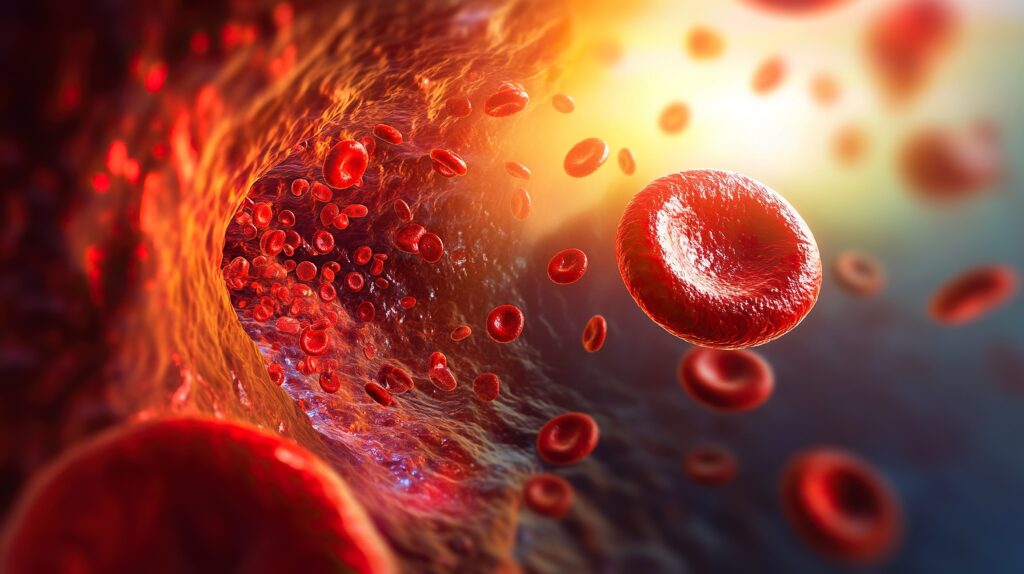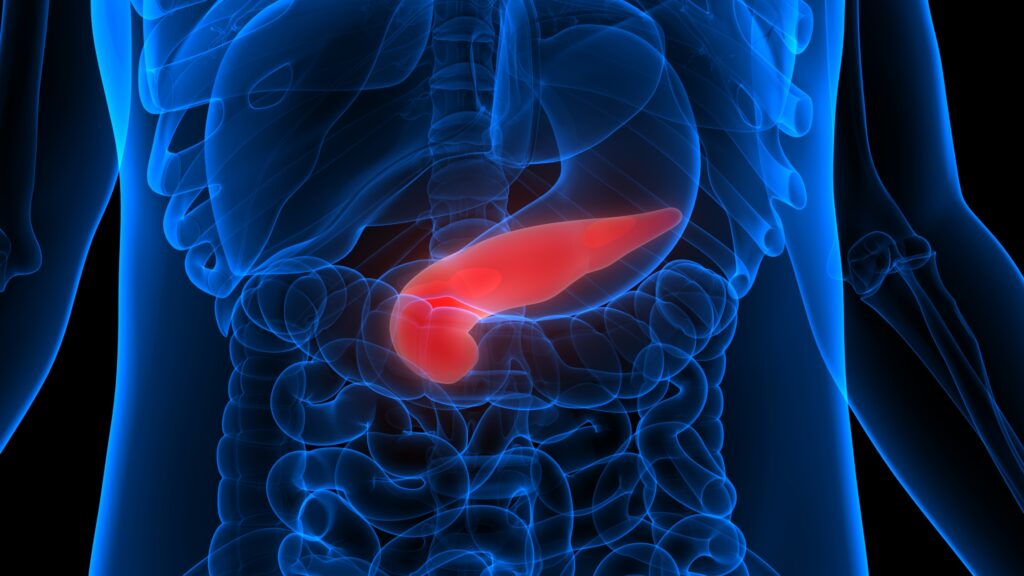Coffee is a complex chemical mixture that contains many bioactive molecules. These include chlorogenic acid, polyphenols, methylxanthines including caffeine, carbohydrates, lipids, nitrogenous compounds, nicotinic acid, potassium and magnesium.1 With the exception of water, coffee is the most consumed beverage in the world and almost 500 billion cups are consumed annually. In 2007, Finland was the top coffee consuming country with 12 kg per capita.2 World coffee production for 2012–13 is forecast at a record high of 148 million bags.3
Coffee is a complex chemical mixture that contains many bioactive molecules. These include chlorogenic acid, polyphenols, methylxanthines including caffeine, carbohydrates, lipids, nitrogenous compounds, nicotinic acid, potassium and magnesium.1 With the exception of water, coffee is the most consumed beverage in the world and almost 500 billion cups are consumed annually. In 2007, Finland was the top coffee consuming country with 12 kg per capita.2 World coffee production for 2012–13 is forecast at a record high of 148 million bags.3
The impact of coffee on human health and disease has long been recognised: in the late-16th century it was observed that coffee accelerated digestion and increased the heart rate. A growing body of epidemiological research data suggests that coffee consumption may help prevent several chronic diseases, including type 2 diabetes, Parkinson’s disease and liver disease. This article aims to review epidemiological and clinical evidence for the impact of coffee on type 2 diabetes, and other aspects of human health.
Coffee Consumption and the Incidence of Type 2 Diabetes
Type 2 diabetes is one of the most serious global health concerns and its incidence is increasing: the total number of people with diabetes worldwide is projected to rise from 366 million in 2011 to 552 million by 2030.4 In 2012, type 2 diabetes imposed direct and indirect costs of an estimated $245 billion in the US.5 Given the high cost of diabetes in terms of both human lives and healthcare costs, the prevention of diabetes is vital. Developing interventions to prevent and manage type 2 diabetes depends on an understanding of the dietary and lifestyle factors that underlie the development of the disease.
Recent evidence suggests that coffee consumption is associated with a decreased risk of type 2 diabetes. The first epidemiological report indicating an inverse association between coffee consumption and type 2 diabetes dates back to 2002. A Dutch cohort study reported that participants drinking at least 7 cups of coffee per day were half as likely to develop type 2 diabetes compared with those who did not consume coffee.6 This finding has been supported by numerous cohort studies (see Table 1). The association does not depend on race, gender or geographic distribution of the study population and is consistently observed, despite the fact that many of these studies reported that coffee consumption was associated with lifestyle factors that tend to be associated with an increased risk of cardiovascular and metabolic disease, such as smoking, high body mass index (BMI), low levels of physical activity and poor diet.


Two reviews have examined the body of data relating to type 2 diabetes risk and coffee consumption. A meta-analysis covering 457,922 individuals and 18 studies concluded that an inverse log-linear relationship exists between coffee consumption and subsequent risk of diabetes: each additional cup of coffee consumed per day is associated with a 7 % reduction in the excess risk of diabetes (relative risk [RR] 0.93 95 % confidence interval [CI] 0.91–0.95) after adjustment for potential confounders. Individuals consuming 3 to 4 cups of tea daily have a 28 % lower risk of type 2 diabetes.7 A systematic review of cohort studies (from January 2001 to August 2011) confirmed the association between coffee consumption and reduced risk of type 2 diabetes, and also found an advantage of filtered coffee over pot boiled, decaffeinated coffee over caffeinated coffee and a stronger inverse correlation in those aged less than 60 years.8 The inverse relationship between coffee consumption and type 2 diabetes remains when lifestyle factors are taken into account: analysis of a Finnish cohort study found that the risk of type 2 diabetes was reduced by half in obese and inactive individuals who consumed ≥7 cups of coffee daily compared with those who consumed <2 cups/day (see Figure 1).9 While cohort studies have provided a large body of evidence for the association of coffee consumption and diabetes risk, such studies have inherent limitations. Most studies employed selfreport questionnaires, which may be imprecise and prone to bias, such as different interpretations of the size of a cup of coffee, and use of milk and sugar. It is not possible to ascertain a cause–effect relationship entirely from observational data. Studies employing urinary or plasma biomarkers of coffee intake may provide a more accurate assessment of coffee intake.10
Effect of Coffee on Markers of Disease Progression in Type 2 Diabetes
The association of coffee consumption with the incidence of type 2 diabetes has led to research investigating the relationship between coffee consumption and other markers of disease progression such as glucose tolerance and insulin sensitivity. Epidemiological studies have reported significant associations between coffee consumption and a lower prevalence of impaired glucose tolerance, hyperglycaemia, hyperinsulinaemia and insulin sensitivity.11–16 However, acute human intervention studies show that caffeine causes deterioration of glucose tolerance, assessed by acute post-prandial hyperglycaemia and lower whole-body insulin sensitivity.17,18
This discrepancy between the effect of caffeine and coffee on glucose tolerance is supported by numerous literature reports. The beneficial effects of coffee consumption are seen in both decaffeinated and caffeinated coffee, and there are data to suggest that the physiological effect of caffeine consumed alone differs from the effect of caffeinated coffee.19 Studies assessing the effects of caffeinated and decaffeinated coffee on glucose tolerance have yielded inconsistent results.10 A recent randomised controlled trial (n=32) investigated the effect of drinking instant coffee over 16 weeks on glucose and insulin concentrations during an oral glucose tolerance test. The study concluded that both caffeinated and decaffeinated coffee may be protective against deterioration of glucose tolerance.20
These findings suggest that the effect of coffee on diabetes risk is not dependent on the caffeine content, and while the caffeine in coffee may induce an increased glycaemic response, other bioactive compounds present in coffee may attenuate this effect by altering other aspects of glucose metabolism.21
Many bioactive components of coffee have been studied for their effect on glucose tolerance. Chlorogenic acids (CGA) are the principal polyphenols in coffee and have a potent antioxidant property.22 A study compared the consumption of instant coffee to coffee fortified with a coffee extract rich in CGAs. Consumption of the fortified coffee induced a reduction in the absorption of glucose of 6.9 % compared with the instant coffee.23 In a comparison of the consumption of decaffeinated instant coffee, CGA, trigonelline (an alkaloid) and placebo, CGA and trigonelline reduced early glucose and insulin responses during an oral glucose tolerance test.24 Diterpenes have also been found to have bioactive properties. Cafestol, a diterpene found mainly in unfiltered coffee, provides benefit through varied biological activity, including antitumorigenic, antioxidative and anti-inflammatory effects.25 Another coffee diterpene, kahweol, also behaves as an anti-inflammatory.22
Mechanism of Action of Coffee on Type 2 Diabetes and Glucose Metabolism
A number of mechanisms have been postulated by which coffee components may protect against type 2 diabetes (see Figure 2).10 A recent study found that CGA stimulates glucose transport in skeletal muscle via the activation of 5’ adenosine monophosphate-activated protein kinase (AMPK) activation.26 Other studies have focused the difference in coffee components in different roasts.27,28 Roasting causes a portion of the CGA to be transformed into quinides, compounds known to alter blood glucose levels. CGA also undergoes changes according to the extraction method used29 and during the brewing process.30


One postulated mechanism for the protective effect of coffee involves modulation of carbohydrate absorption and insulin response. Coffee may influence the risk of beta cell ‘failure’ that precedes diabetes in subjects with insulin resistance. Coffee consumption increases production of the incretin hormone glucagon-like peptide-1 (GLP-1), possibly owing to an inhibitory effect of CGA on glucose absorption.31 This effect may be mediated by inhibiting alpha amylase activity32,33 or the enzyme system glucose-6-phosphatase, which plays a major role in glucose absorption.34,35 Another possible consequence of the inhibitory effect of CGA on glucose-6-phosphatase is the downregulation of hepatic glucose output. However, the concentrations of CGA in the circulation of those consuming typical amounts of coffee are considered too low to have an impact on hepatic glucose output.10
Much of the research investigating the association of coffee with type 2 diabetes has focused on its effect on insulin sensitivity. Chronic inflammation is an important process in the pathogenesis of insulin resistance and type 2 diabetes,36 and several studies have associated coffee consumption with biomarkers of chronic inflammation. Positive37 and inverse associations38–40 have been reported between coffee consumption and high-sensitivity C-reactive protein. In controlled trials and observational studies, coffee drinking seems to be associated with high levels of the anti-inflammatory marker adiponectin.41–45 Secreted frizzled-related protein 5 (Sfrp5), a novel adipokine with properties similar to adiponectin, has recently been proposed as a biomarker; however, coffee did not affect serum concentrations of Sfrp5.46 Coffee consumption has been shown to decrease several other biomarkers of subclinical inflammation.45 Other coffee components have been found to have anti-inflammatory effects, including CGA47 and reaction products of Maillard browning.48
Other possible mechanisms proposed for the correlation between coffee consumption and reduced incidence of insulin resistance include antioxidative effects.49,50 These may depend on the degree of roasting;51 oestrogen receptor activation;52,53 inhibition of 11 β hydroxysteroid dehydrogenase (an enzyme that regulates the local effect of glucocorticoid hormones);54 lowering the bioavailability of iron;55,56 and preventing magnesium deficiency.6,57 However, further research is required to confirm these hypotheses. Coffee consumption may also mediate levels of gut peptides (glucose-dependent insulinotropic polypeptide), and have prebiotic-like properties, altering gut flora and ultimately digestion.58
In summary, a variety of mechanisms have been proposed to explain the association between coffee intake and the risk of type 2 diabetes. These include effects on glucose absorption, incretin release, hepatic glucose output and insulin sensitivity, and may involve a number of bioactive components of coffee. However, further research is required to fully understand the mechanism of action of coffee components.
Other Health Benefits of Coffee
In addition to its inverse association with type 2 diabetes, numerous epidemiological studies have reported inverse associations with coffee consumption and several other chronic diseases. A summary of the health impacts of coffee is given in Table 2, and some of the more important findings are discussed below.
Coffee Consumption Effects on All-cause Mortality
The first large epidemiological study to examine the relationship of coffee consumption with mortality was the Health Professionals Follow-up Study and Nurses’ Health Study. The study assessed men (n=41,736, 18 years follow up) and women (n=86,214, 24 years follow up) and found that regular coffee consumption was not associated with an increased mortality rate in either men or women.59 In a study to assess the association between coffee consumption and CVD mortality among patients with type 2 diabetes (n=3,837), coffee was associated with a significant reduction in CVD and CHD mortality. The respective multivariate-adjusted hazard ratios in participants who drank 0–2, 3–4, 5–6 and ≥7 cups of coffee daily were 1.00, 0.77, 0.68 and 0.70 for total mortality, 1.00, 0.79, 0.70 and 0.71 for CVD mortality, 1.00, 0.78, 0.70 and 0.63 for coronary heart disease (CHD) mortality (p=0.01 for trend) and 1.00, 0.77, 0.64 and 0.90 for stroke mortality.16
A recent study (n=402,260) found a significant inverse association between coffee consumption and mortality. When compared with people who did not drink coffee, men who drank 6 or more cups of coffee per day had a 10 % lower risk of death, while women in this category had a 15 % lower risk. Inverse associations were demonstrated between coffee drinking and deaths due to heart disease, respiratory disease, stroke, injuries and accidents, diabetes and infections, but not for deaths due to cancer.60

The Effect of Coffee on Cardiovascular Health
The effect of coffee on cardiovascular health is an ongoing controversy, and for many years, epidemiological studies investigating the suspected association between coffee drinking and cardiovascular disease (CVD) have yielded inconsistent results.61–64 While it has been suggested that moderate-to-high levels of coffee consumption are associated with increased risk of CHD,63 data on higher coffee consumption are limited and do not allow firm conclusions to be made. Furthermore, some adverse effects of coffee on CVD are transient and may be modified or a tolerance effect developed during long-term consumption.65 For example, a study found that elevated levels of epinephrine and norepinephrine caused by caffeine disappeared over 1–4 days of coffee consumption.66
Several clinical trials have investigated the association between coffee consumption and blood cholesterol levels. A meta-analysis of 14 trials identified a dose–response relationship between coffee consumption and both total cholesterol and low-density lipoprotein (LDL) cholesterol (p<0.01). Increases in serum lipids were greater in studies of patients with hyperlipidaemia and in trials of caffeinated or boiled coffee. However, trials using filtered coffee showed minimal increase in serum cholesterol.67 Moreover, caffeic acid, a metabolite of CGA, inhibits LDL oxidation in vitro.68
A meta-analysis of 21 prospective cohort studies found no association between coffee consumption and CHD. In fact, moderate coffee consumption was associated with a significantly reduced risk of CHD.69 A European prospective study analysed data from 42,659 participants in the European Prospective Investigation into Cancer and Nutrition (EPIC)-Germany study. Coffee consumption was not associated with increased incidence of CVD.70 A Japanese cohort study (n=76,979) found that consumption of coffee was associated with a reduced risk of CVD mortality.71 The US Nurses’ Health Study (n=83,076) found that long-term coffee consumption was associated with a modest reduction in the risk of stroke.72 Intake of coffee has been associated with an increased risk of nonfatal myocardial infarction (MI) among individuals with the CYP1A2 genotype, indicating slow caffeine metabolism.73
Coffee has been implicated as a risk factor for hypertension but a prospective cohort study from the Nurses’ Health Studies I and II (n=155,594) found no association between caffeine intake and the risk of hypertension.74 A recent systematic review and meta-analysis of 15 studies did not show any statistically significant effect of coffee consumption on blood pressure (BP) or the risk of hypertension. However, the studies were of low quality and the authors concluded that no recommendation can be made for or against coffee consumption in relation to these indications.75 Another systematic review and metaanalysis of clinical trials and cohort studies in hypertensive individuals found that caffeine ingestion results in acute increase in BP by 5–8 mmHg that may last for few hours. However, the authors concluded that current evidence does not support an association between longerterm coffee consumption and increased BP or between habitual coffee consumption and an increased risk of CVD in hypertensive subjects.76 In conclusion, there is insufficient evidence to show that long-term consumption of coffee increases the risk of CHD, hypertension or stroke. In addition, coffee drinkers have a lower risk of type 2 diabetes, which is a risk factor for CVD.
The Effects of Coffee Consumption on Neurodegenerative Diseases
Numerous epidemiological studies have reported an inverse association between coffee consumption and the risk of developing Parkinson’s disease.77–79 A systematic review and meta-analysis of published studies examining the relation between caffeine intake and cognitive decline or dementia found a trend towards a protective effect of caffeine, although considerable heterogeneity was found across the methodology employed, and the number of epidemiological studies was limited. The authors concluded that no definite link between coffee consumption and dementia could be established.80 A Finnish study found coffee drinkers at midlife had lower risk of dementia and Alzheimer’s disease later in life compared with those drinking no or only little coffee, and that the lowest risk of dementia was found in people who drank 3 to 5 cups per day.81 Several other studies have suggested that moderate caffeine intake (corresponding to 5 cups of coffee per day) may protect against or treat Alzheimer’s disease.81–83
The Effect of Coffee on Fluid Balance
Caffeine is recognised as having a diuretic action, and consumers are often advised to avoid caffeinated coffee in situations where fluid balance may be compromised. However, a literature review found no support for the hypothesis that consumption of coffee leads to fluid loss in excess of the volume ingested or is associated with poor hydration status.84 Furthermore, recent research demonstrates that acute ingestion of moderate to low levels of caffeine (<300 mg) does not promote dehydration at rest or during exercise.85
The Effect of Coffee on Liver Health
Research suggests that coffee imparts numerous beneficial effects on the liver. A meta-analysis of 10 published studies found a significant inverse association between coffee drinking and hepatocellular carcinoma.86 A recent meta-analysis of nine published case-control and seven cohort studies has also found a significant inverse association between coffee consumption and all liver cancers.87 A dose response seems to exist, and a significant protective effect of coffee may start from 3 cups of coffee per day.88 Coffee drinking has also been associated with reduced risk of alcoholic cirrhosis89 and hepatic fibrosis in patients with chronic liver diseases, such as hepatitis C, fatty liver disease and non-alcoholic steatohepatitis.90 In addition, an inverse association has been demonstrated between coffee consumption and elevated serum levels of liver enzymes, suggesting a favourable effect of coffee on liver function.91
The Effect of Coffee on Cancer
A review of epidemiological evidence for associations between coffee consumption and cancer suggested a strong and consistent protective association for hepatocellular and endometrial cancers, a borderline protective association for colorectal cancer, no association with breast, pancreatic, kidney, ovarian, prostate or gastric cancer and a weak association with increased risk of bladder cancer with heavy coffee consumption in some populations and among men.92
Other Health Benefits
Coffee has a number of beneficial effects on the brain, including an inverse association with depression93 and suicide.94 Since caffeine has a stimulating effect, it is useful in situations where alertness is needed or desired. Caffeine ingestion has been shown to provide an effect comparable to a short nap and improve driving.95 The results from a study that examined the association of coffee drinking with subsequent total and cause-specific mortality, confirmed that mortality from accidents was reduced in drinkers of caffeinated but not in decaffeinated coffee.60
Health Concerns Associated with Coffee Consumption
Despite the numerous documented health benefits associated with coffee consumption, high consumption of coffee may have negative effects on health. Increased heart rate is a frequent consequence and immediate effect of caffeinated coffee consumption, and physicians often advise patients with arrhythmias to avoid caffeinated coffee.
However, a recent population study (n=130,054) concluded that it is unlikely that moderate caffeine intake increases the risk of arrhythmia,96 and expert opinions suggest that there is no benefit to patients with cardiac arrhythmia limiting their caffeine intake.97 A Finnish cross-sectional study showed that excited heart beat was found in approximately 7 % of middle-aged people and that the amount of coffee drinking had no correlation with such symptoms.98
Coffee consumption interferes with sleep onset, quantity and quality.99,100 However, effects on sleep vary widely among people, and at the population level no association between sleeplessness and the amount of coffee drinking has been found; among both coffee-nondrinkers and those who drank 6 cups or more a day the prevalence was approximately 8 %.101 Individuals who suffer from sleep abnormalities should avoid caffeinated coffee during the evening hours.
Chronic, repetitive exposures to caffeine increase the risks for development of chronic daily headache, and physical dependency.102 The clinical dependence syndrome produced by caffeine is similar to those produced by other psychoactive substances and has a potential for abuse.103 However caffeine is not considered addictive, and in animals it does not trigger metabolic increases or dopamine release in brain areas involved in reinforcement and reward. Caffeine does not either increase functional activity or induce any release of dopamine in the shell of the nucleus accumbens, effects that are characteristic to drugs of dependence (cocaine, amphetamine, morphine, nicotine, etc.)104 The symptoms of caffeine withdrawal may include headache, fatigue, decreased energy/activeness, decreased alertness, drowsiness, decreased contentedness, depressed mood, difficulty concentrating and irritability.105 However, considerable data show that levels of caffeine consumed by most people have largely positive effects on behaviour.106
Coffee interferes with the utilisation of supplemental iron.107 Maternal coffee intake may contribute to maternal and infant anaemia.108 Coffee may also have health impacts during pregnancy. A Danish study found that a heavy coffee intake during pregnancy (8 or more cups of coffee per day) is associated with an increased risk of stillbirth but not with infant death,109 leading some doctors to recommend limiting coffee intake during pregnancy. However, others have concluded that this evidence is insufficient to guide recommendations.110,111 Another study has demonstrated that high doses of caffeine intake during pregnancy increase the risk of miscarriage.112 However, another study concluded that there was little indication of possible harmful effects of caffeine on miscarriage risk within the range of coffee and caffeine consumption reported, and they detected a significant reporting bias among women who had experienced losses before the interview. Nevertheless, it is well known that women involuntarily reduce their habitual coffee drinking during pregnancy,113 and current recommendations suggest restricting caffeine consumption to 200– 300 mg/day during pregnancy.114,115
In summary, although there is insufficient evidence to recommend coffee consumption as a preventative strategy in chronic and metabolic diseases, a large body of data suggests that coffee taken in moderation is a safe beverage. The negative health effects of coffee tend to emerge in excessive consumption so heavy consumption of coffee cannot be recommended, particularly during pregnancy.
Summary and Concluding Remarks
There is little evidence of health risks and considerable evidence of long-term health benefits for adults consuming moderate amounts of coffee (3–4 cups/day). However, mechanisms underlying the beneficial actions of coffee against cardiovascular and liver disease and glucose metabolism are not yet fully understood. The data documenting the health benefits of coffee are based on observational studies mainly, and are currently insufficient to recommend increased coffee consumption as an intervention strategy for risk reduction in type 2 diabetes and other metabolic diseases. There is a need to understand biomarkers of coffee intake to interpret the results of future studies. There is also a need for more research to identify novel bioactive molecules and characterise their effects on health. An enhanced understanding of these mechanisms may help us to derive the maximum health benefit from coffee, as we continue to refine dietary and lifestyle recommendations to prevent and manage the global epidemic of major non-communicable diseases.



